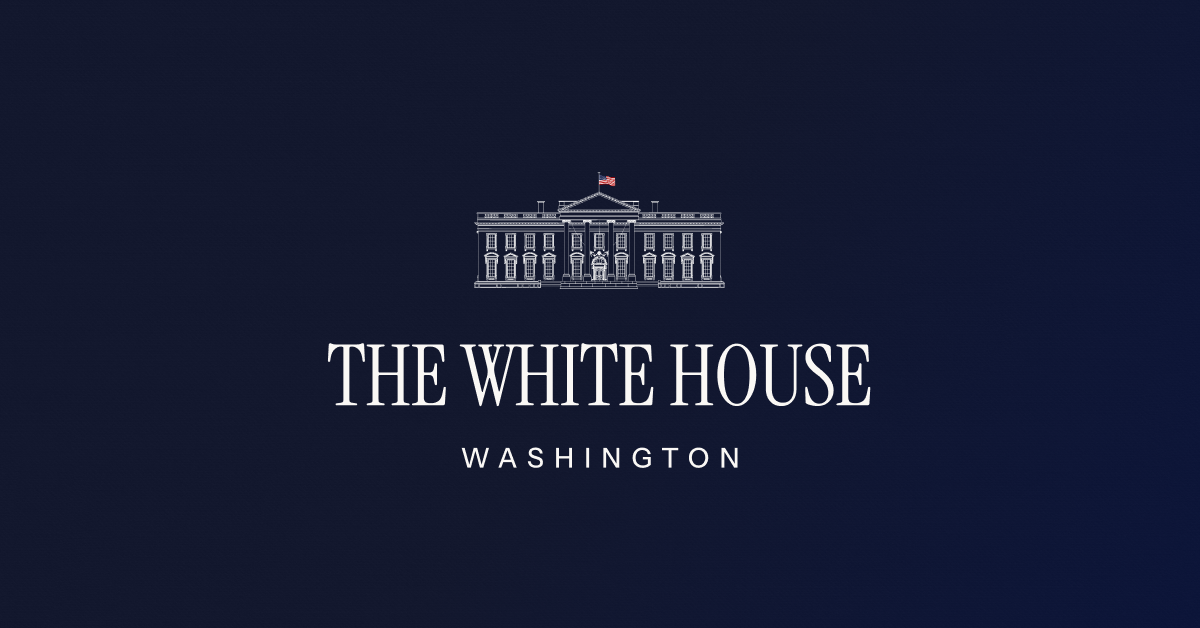Tunisian Finance Minister Siham Al-Boughdiri said yesterday, Monday, that Tunisia was able to pay all its domestic and foreign debts in 2023 despite the enormous pressures on its public finances, dispelling doubts about the possibility of its default.
An official document showed that Tunisia will repay $4 billion in foreign debt in 2024, an increase of 40% over 2023, amid the scarcity of external financing that the government receives as it struggles to fix its faltering public finances.
Economists say that Tunisia relied heavily on new internal loans to pay off its external debts, which greatly reduced liquidity and contributed to reducing banks’ financing of the economy.
These experts believe that the situation will be very difficult this year, amid the rise in external debt and the difficulty of repeatedly resorting to internal loans.
Local experts warn that the intense internal borrowing threatens to cause a major liquidity shortage and plunge the banking sector into a stifling crisis.
In 2022, Tunisia reached an agreement at the expert level with… International Monetary Fund about obtaining a loan, but it has already defaulted on major obligations.
The government expects that the accumulated public debt in 2024 will reach about 140 billion dinars ($45.17 billion), or about 79.8% of the gross domestic product, up from 127 billion dinars.
Tunisia aims to reduce the fiscal deficit by imposing additional taxes on banks, hotels, restaurants, tourist cafes, and alcoholic beverage companies.
The Tunisian Ministry of Finance seeks to reduce the budget deficit over the next three years to 6.6% of the gross domestic product by 2024 and then 3.9% by the end of 2026, compared to estimates of about 7.7% for the year 2023.





